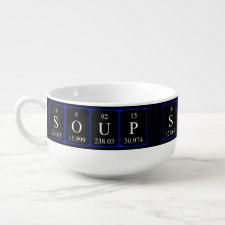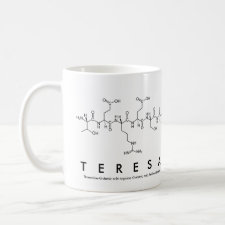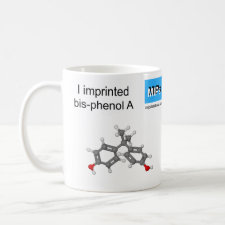
Authors: Soares da Silva M, Viveiros R, Aguiar-Ricardo A, Bonifacio VDB, Casimiro T
Article Title: Supercritical fluid technology as a new strategy for the development of semi-covalent molecularly imprinted materials.
Publication date: 2012
Journal: RSC Advances
Volume: 2
Issue: (12)
Page numbers: 5075-5079.
DOI: 10.1039/C2RA20426F
Alternative URL: https://www.researchgate.net/publication/230882964_Supercritical_fluid_technology_as_a_new_strategy_for_the_development_of_semi-covalent_molecularly_imprinted_materials
Abstract: Molecularly imprinted polymeric particles with molecular recognition towards Bisphenol A (BPA) were synthesized for the first time using the semi-covalent imprinting approach in supercritical carbon dioxide (scCO2). The material's affinity to BPA was achieved by co-polymerizing ethylene glycol dimethacrylate (EGDMA) with a template-containing monomer, Bisphenol A dimethacrylate (BPADM) in scCO2. Bisphenol A is then cleaved from the polymeric matrix by hydrolysis with tetrabutylammonium hydroxide (n-Bu4OH) also in a supercritical environment, taking advantage of the high diffusivity of scCO2. The selectivity of the molecular imprinted polymer (MIP) was assessed by evaluating its capability to bind BPA in comparison with progesterone and α-ethinylestradiol. In addition, the cross-linked particles were used to prepare a PMMA-based hybrid imprinted membrane by a scCO2-assisted phase inversion method. Results show that the incorporation of MIP particles was able to confer molecular affinity to BPA to the membrane and that at dynamic conditions of filtration, this imprinted porous structure was able to adsorb a higher amount of BPA than the corresponding non-imprinted hybrid membrane. Our work represents a valuable greener alternative to conventional methods, for the synthesis of affinity materials which are able to maintain molecular recognition properties in water
Template and target information: bisphenol A dimethacrylate, BPADM, bisphenol A, BPA



Join the Society for Molecular Imprinting

New items RSS feed
Sign-up for e-mail updates:
Choose between receiving an occasional newsletter or more frequent e-mail alerts.
Click here to go to the sign-up page.
Is your name elemental or peptidic? Enter your name and find out by clicking either of the buttons below!
Other products you may like:
 MIPdatabase
MIPdatabase









